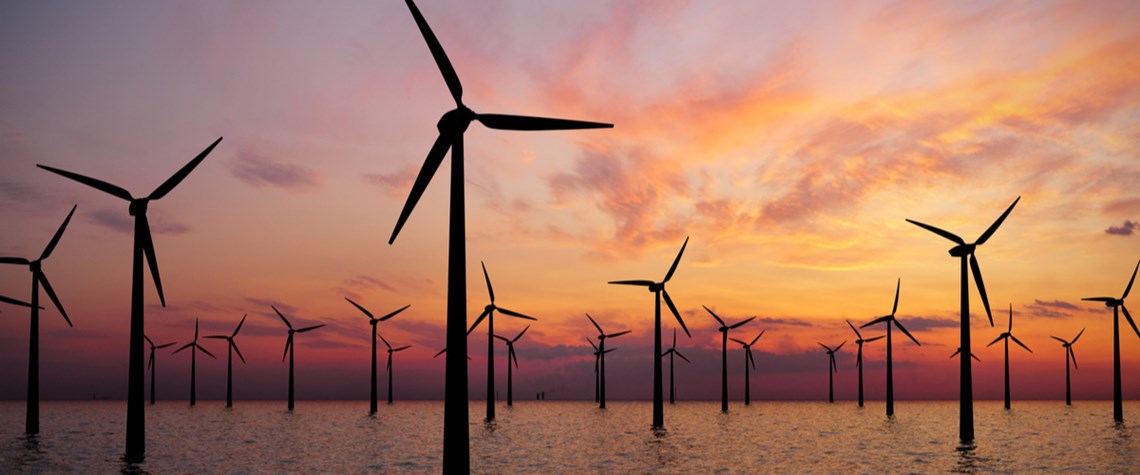Outlook 2022: Recovering the costs of the energy transition
Recouping the cost of wide-ranging support payments in an efficient way is a major challenge and requires a new approach to avoid undesirable outcomes
As the world builds momentum to decarbonise, changing mindsets and breaking down silos are set to be key features in addressing costs, financing and subsidies long into 2022 and beyond. Historically, the cost of low-carbon investment subsidies has tended to be recovered from the sector in which the investments are made. As we move to net zero, the level of support required will increase and spread across sectors. Without change, this will lead to a number of undesirable outcomes. Achieving net zero will require significant investment. While carbon pricing can play an important role in driving this investment, the potential for significant winners and losers is likely to make carbon pricing a

Also in this section
22 July 2025
Sinopec hosts launch of global sharing platform as Beijing looks to draw on international investors and expertise
22 July 2025
Africa’s most populous nation puts cap-and-trade and voluntary markets at the centre of its emerging strategy to achieve net zero by 2060
17 July 2025
Oil and gas companies will face penalties if they fail to reach the EU’s binding CO₂ injection targets for 2030, but they could also risk building underused and unprofitable CCS infrastructure
9 July 2025
Latin American country plans a cap-and-trade system and supports the scale-up of CCS as it prepares to host COP30








